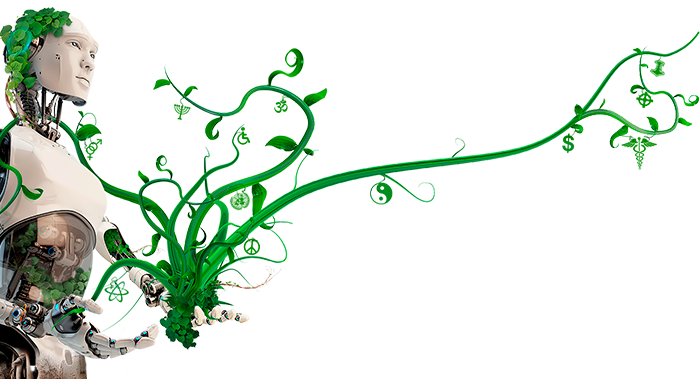

Juho Rantala is a PhD student at the Doctoral Programme in Philosophy, Faculty of Social Sciences, Tampere University, Finland. Rantala’s on-going doctoral research considers the ontology of algorithms in the light of Gilbert Simondon’s philosophy. He has also researched and written on blockchain technologies and intertwining of technology and society. He is currently part of consortium “ROSE – Robots and the Future of Welfare Services” and projects “SOCIETAL – Social Robots and Ambient Assisted Living: Independence and Isolation Balance” and “AIFE – Artificial Intelligence and the Future of Expertise”. In 2020, he is funded by Foundation for Economic Education.
Anthropomorphism is a complex phenomenon that rises from human interaction with other entities and environment. The phenomenon is thought to be desirable in social robotics to enhance their functionality and sociality. On the other hand, strict anthropomorphism can limit possible capabilities of robots. Following Gilbert Simondon’s analysis of technology as inherently human, we can create theoretical description of anthropomorphism in social robotics. This leads also foundation for more robust conception and understanding of advantages and disadvantages of social robots as well as significance of anthropomorphism for social robotics. |